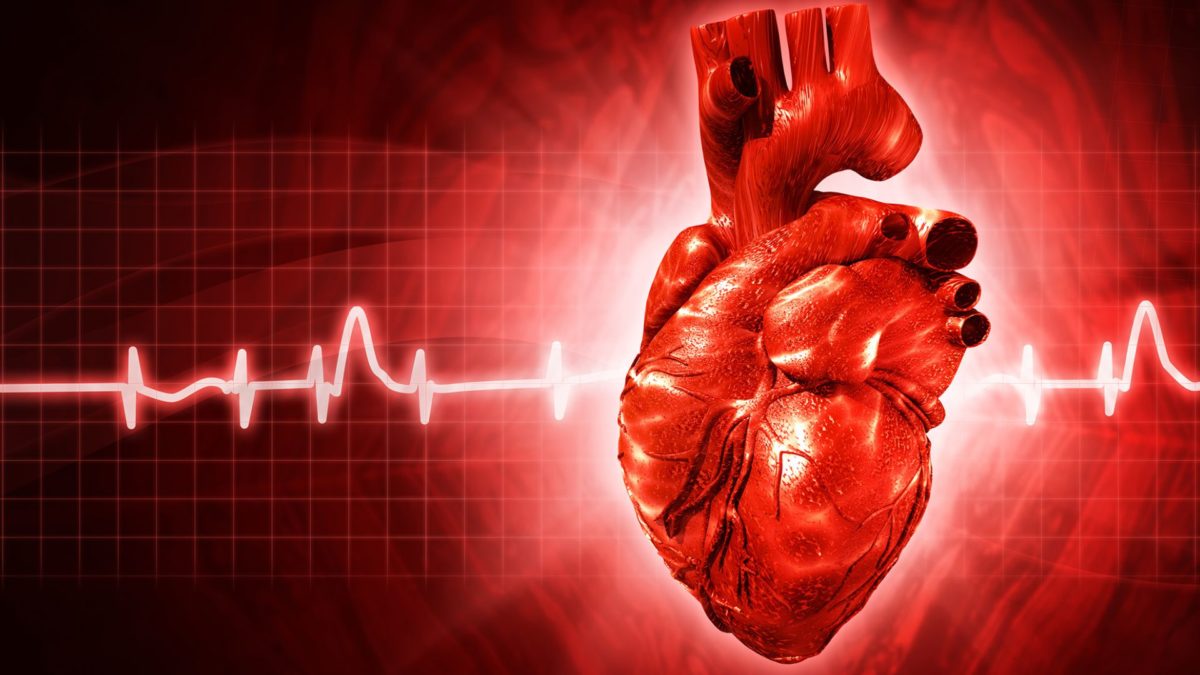Noida: Govt hospital performs invasive cardiac surgery on 16-yr-old
22 November, 2021 | Vaishali Sharma

A 16-year-old girl with congenital heart disease had minimally invasive cardiac surgery at the Postgraduate Institute of Child Health (PGICH), often known as Child PGI, in Noida’s Sector 30. ...
A 16-year-old girl with congenital heart disease had minimally invasive cardiac surgery at the Postgraduate Institute of Child Health (PGICH), often known as Child PGI, in Noida’s Sector 30. While the procedure is commonly performed on adults, experts claim this is the first time it has been performed on a child in a government facility in Uttar Pradesh.
The girl, an Azamgarh inhabitant, had been born with an Atrial Septal Disease (ASD), a kind of heart defect. She was sent to Child PGI in April of this year as part of the National Health Mission’s Rashtra Bal Suraksha Kalyan programme, which provides free treatment to infants born with congenital abnormalities.
“The girl is 16-years-old but the structure of her body was that of a 12-year-old. Her weight was just 34kg. She is from a poor family, her family’s humble financial condition prevented them from seeking consultation from private hospitals,” said Dr. Mukesh Kumawat , head of the paediatric cardiac surgery department at PGICH.
The girl’s surgery was postponed due to a crippling second wave of Covid-19 that ravaged the country in April and May. Doctors said she also had antibodies against Covid-19, which meant she had been infected with the viral infection but was unaware of it.
“Unlike conventional sternal (mid chest bone] approach, where an incision is made in the middle of the chest and the chest bone has to be opened to operate on the heart, minimal invasive surgery involves operating on the heart by making an incision on the side of the patient’s chest. Minimal invasive cardiac surgeries have been practised on adults but in paediatric cases, they are extremely expensive and are rarely done in government institutes,” said Dr Dheeraj Sharma, associate professor of cardiac surgery, PGICH.
He added such a procedure is not performed on paediatric patients due to unavailability of necessary equipment that can be used on children of different age groups and body types.
“This procedure has an advantage in terms of early post-operative recovery, less requirement of blood transfusion and freedom from sterna (chest bone) non-union. A special advantage is that there is no chest scar peeping out of clothes. It has often been seen that cardiac patients, especially children, may develop low self-esteem due to the presence of a visible scar on their body. This was the first such paediatric surgery conducted at a government institute in Uttar Pradesh,” said Dr Kamawat.
He added that the surgery was conducted successfully on October 15 and the patient was off ventilator after two hours of surgery. “The patient was able to move and walk the next morning without any chest discomfort. It has been a month now and the child has not reported any discomfort after the surgery,” said Dr Sharma.
Dr Kamawat added that the provision of performing minimally invasive cardiac surgery (MICS) at Child PGI will help more children with congenital heart diseases which are life-threatening.
“The Child PGI will be able to cater to more paediatric patients with heart diseases in western Uttar Pradesh. We hope this surgical approach is promoted at more government institutes so that the underprivileged can avail the facilities. In the future, MICS is expected to substitute the conventional approach of heart surgeries among paediatric patients in more than 80% of the cardiac procedures for its cosmetic advantages,” he said.










